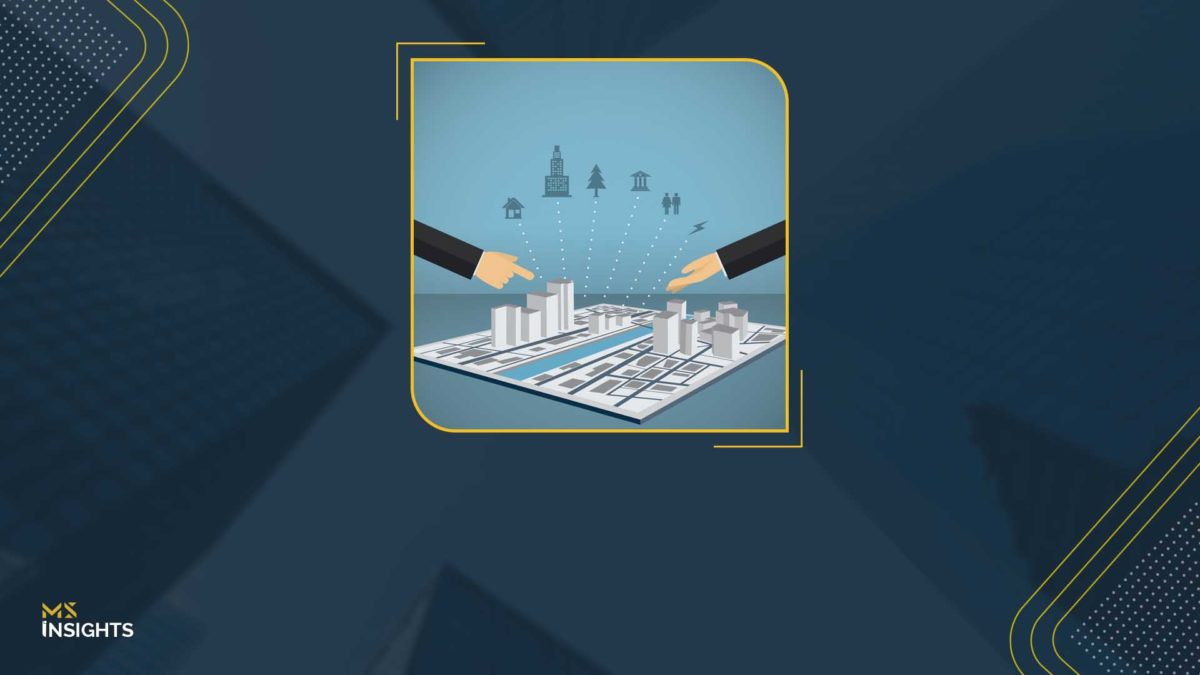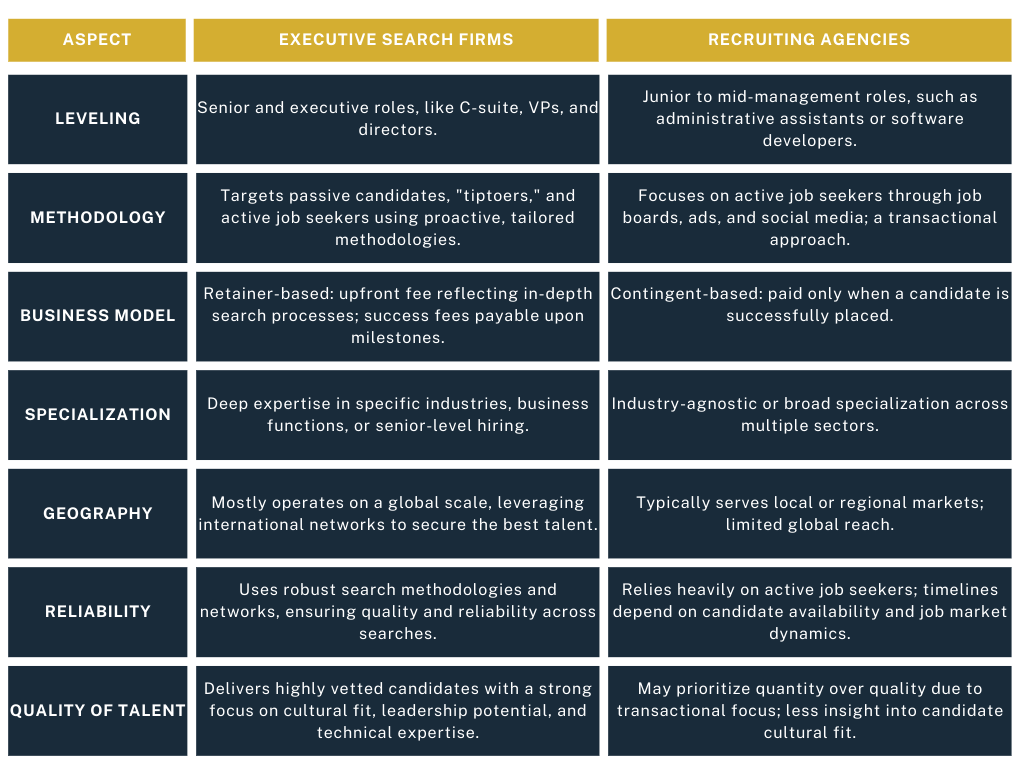When it comes to managing and protecting wealth in the Dubai International Financial Centre (DIFC), the choice between trusts and foundations can have a significant impact. These two structures offer distinct benefits, from asset protection to long-term family wealth planning, but their legal frameworks, control mechanisms, and tax advantages vary.
Let’s break down the key differences between Trusts and Foundations in DIFC, helping you make an informed decision about the best path for securing your assets and ensuring your legacy.
Key Differences Between Trusts and Foundations in DIFC
1. Legal Personality
Trusts in DIFC:
Trusts under the DIFC Trust Law are legal arrangements where the trustee holds and manages assets for the benefit of beneficiaries. A trust itself is not a separate legal entity.
DIFC Foundations:
DIFC Foundations are independent legal entities with their own corporate status. They are established under the DIFC Foundations Law, with a charter and by-laws governing their operations.
2. Control and Governance
Control:
In a DIFC trust, control over the assets lies with the trustee, which may limit the settlor’s direct involvement. But in a DIFC foundation, the founder can retain influence by serving on the foundation council, ensuring alignment with the founder’s vision and offering more control compared to trusts.
Governance:
Trusts are governed by the trust deed, which defines the rights and responsibilities of the trustee and beneficiaries. DIFC Foundations have a flexible governance structure, allowing for the establishment of advisory committees or specific management roles tailored to the foundation’s purpose.
3. Purpose and Functionality
Trusts in DIFC:
Trusts are designed for:
- Asset protection
- Estate planning
- Beneficiary-focused wealth management
- They offer flexibility for distributing assets in line with the settlor’s wishes.
DIFC Foundations:
DIFC Foundations cater to:
- Philanthropic purposes
- Family wealth management
- Corporate structuring
- They are particularly suitable for long-term planning and activities with a broader purpose beyond individual beneficiaries.
4. Regulatory Framework in DIFC
Trusts:
The DIFC Trust Law provides a robust and internationally recognized legal framework, offering flexibility for trust formation and operation.
Foundations:
Governed by the DIFC Foundations Law, foundations are required to register with the DIFC Registrar of Companies. This law supports both private and charitable purposes, providing strong protections and flexible structuring options.
6. Tax Considerations in DIFC
Trusts:
DIFC trusts may offer tax-neutral advantages depending on the residency of the settlor and beneficiaries.
Foundations:
Under the revised Ministerial Decision No. 261 of 2024, family foundations and their wholly owned subsidiaries, including single-family offices (SFOs), can qualify for tax transparency if their activities are limited to investments and asset management, excluding business activities like personal investments in UAE shares, securities, and real estate. Foundations earning revenue from eligible activities, along with their subsidiaries, may benefit from corporate tax exemptions, potentially extending to all consolidated assets and holdings. This offers significant tax relief for family wealth and investment management structures.
7. Transparency and Confidentiality
Trusts:
DIFC trusts are private arrangements. Details about the trust, its assets, and beneficiaries are not publicly accessible, ensuring confidentiality.
Foundations:
While DIFC foundations are registered legal entities, only limited information (such as the name and purpose) is publicly available. Beneficiary and asset details remain confidential.
Trusts and Foundations in DIFC: How to Choose the Best Structure for You?
When deciding between Trusts and Foundations in DIFC, consider what aligns best with your objectives. If your focus is on asset protection, estate planning, and maintaining privacy, a trust is often the better choice, especially if you prefer a simpler structure where the trustee manages assets on behalf of beneficiaries. However, if you seek more control over your assets, the ability to engage in philanthropy, or manage long-term family wealth with greater flexibility in governance, a DIFC Foundation might be more appropriate. Foundations also offer advantages like tax transparency for investment-focused entities such as single-family offices. Ultimately when choosing between trusts and foundations in DIFC, your decision should be based on your specific goals for asset management, control, and governance.
Establish Your DIFC Foundation with Ease
MS simplifies the entire process of setting up your DIFC Foundation, providing expert support from start to finish. We guide you through the legal framework under the DIFC Foundations Law, ensuring your foundation is structured to meet your specific goals—whether that’s wealth management, setting up a single-family office, or pursuing philanthropy. As you’ve already grasped the difference between trusts and foundations in DIFC, the focus now shifts to execution and achieving clarity in practice with MS.










